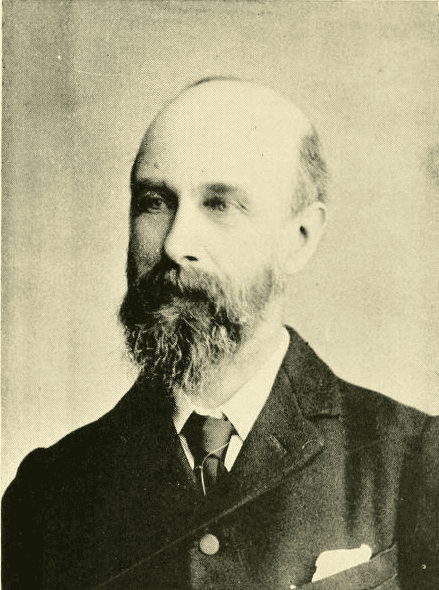
Wikimedia Commons public domain
I’ve never been overly interested in paranormal phenomena — what’s sometimes called psi — such as clairvoyance, ESP, and spiritualism. My worldview doesn’t demand that they be authentic or true. Pretty obviously, though, their authenticity, if confirmed or even strongly evidenced, would tend to undermine certain reductionist materialist dogmas in a way that would be congenial to things that matter much more, and much more directly, to me.
In recent years, I’ve begun to wonder whether I shouldn’t take a more serious and open-minded look. I had long thought that such things had been definitively discredited, but now I’m not so sure. The first inkling that I had in that direction was a brief discussion, in one of his books (I no longer remember which) by the prominent Anglo-American philosopher John Hick, who had spent some time reading through the publications of England’s Society for Psychical Research. He had emerged from that reading much more impressed than I had expected he would.
Then, several years ago, I read The Afterlife Experiments: Breakthrough Scientific Evidence of Life After Death, by Gary E. Schwartz, and I was more impressed than I had expected to be.
Thereupon, I read Extraordinary Knowing: Science, Skepticism, and the Inexplicable Powers of the Human Mind by the late Elizabeth Lloyd Mayer, and, again, I was surprised and impressed.
I’ll probably never get around to it, but it would be fascinating to seriously read through the publications of the London-based Society for Psychical Research, which may well have been relegated to the academic fringe not because its work wasn’t sound and rigorous but because its conclusions are ideologically incompatible with certain reigning dogmas.
I’ve been thinking about the SPR again because I’ve been reading Entangled Minds: Extrasensory Experiences in a Quantum Reality by the controversial psychologist and professor Dr. Dean Radin. Think of him what you will — he, personally, isn’t my focus at the moment — his brief discussion of the Society for Psychical Research is interesting.
The Society was founded around 1882 by, among others, the physicist Sir William Barrett, of the Royal College of Science in Dublin, Ireland. Its members included the physicist Sir Oliver Lodge, who became famous for his contributions to wireless telegraphy; the physicist Baron Rayleigh, brother-in-law to the British prime minister Arthur James Balfour and eventual winner of the Nobel Prize for his discovery of the inert gas argon; the astronomer Samuel P. Langley, director of the Smithsonian Institution; the great Harvard philosopher and psychologist William James; the astronomer Simon Newcomb, president of the American Association for the Advancement of Science; the German physicist Heinrich Hertz, the first person to provide conclusive proof of the existence of electromagnetic waves (who died sadly young at 36); and Edward C. Pickering, director of the Harvard Observatory.
The British physicist J. J. Thompson, who won a Nobel Prize in 1906 for his discovery of the electron, served for thirty-four years as a member of the Society’s Governing Council. The French physiologist Charles Richet, who later won a Nobel Prize for his research on anaphylaxis, served as president of the Society for a time.
And so forth.
These weren’t mere pseudoscientific crackpots, lightly dismissed — and they believed that they had found solid evidence for psychic phenomena. My sense is that many of their studies haven’t been refuted. They’re simply out of fashion and no longer read.
Perhaps it’s time to dust some of their volumes off and take another look at their work.












